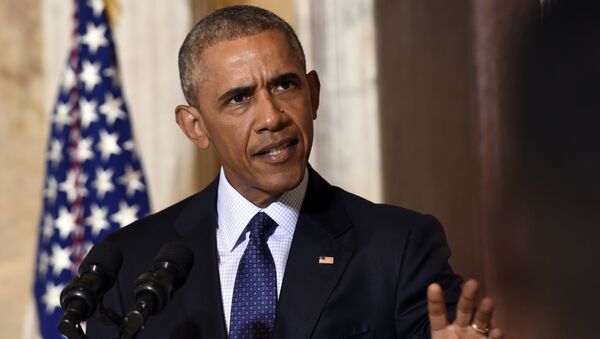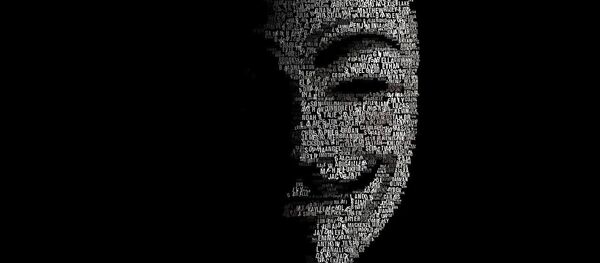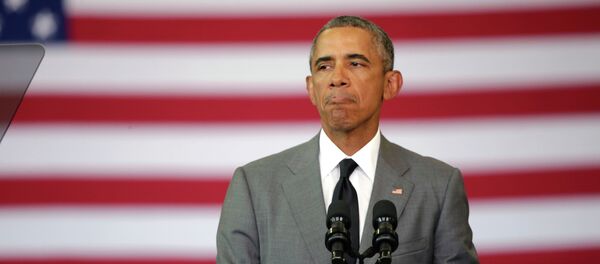"Administrations in the last six months, historically, are loathe to impose costs," former US National Security Council Director for Asian Affairs Michael Green said, addressing the possibility of a US response to alleged Chinese and Russian cyberattacks.
Green explained that presidents are not likely to levy new costs in foreign policy at the end of their term that might "risk creating a crisis" for their successor, or that could "ruin [their] legacy" if the affected nation retaliates.
Next week, Obama is expected to meet individually with Russian President Vladimir Putin and Chinese President Xi Xinping on the sidelines of the G-20 Summit in Beijing. It is likely that Obama will raise ongoing US concerns over alleged Chinese cyber espionage and recent attacks on US institutions, informally attributed to Russia at those meetings.
"I certainly hope President Obama raises the cyber question," former State Department Deputy Assistant Secretary for Eurasian Affairs Heather Conley said.
Russian officials have denounced as "absurd" US accusations that it is using cyber activity to meddle in the US presidential election. US officials have yet to issue firm attribution for recent attacks on the Democratic National Committee, local voter registration databases, and think tanks.
In 2015, Obama issued an executive order enabling the use of economic sanctions in response to malicious cyber actors.




